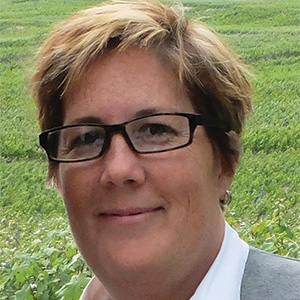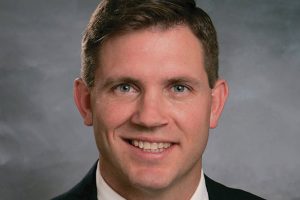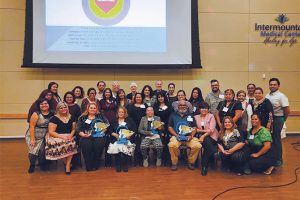By Maryann Martindale
To say 2020 has been a challenge would be an understatement. Everyone is feeling the strain of living in a pandemic, and doctors have borne the brunt of the impact, fighting this virus on the front lines.
Last spring, when COVID-19 took hold, we knew we were in for a long haul. Family physicians seem to be some of the least surprised by this virus’s tenacity — knowing far better the potential impact a true pandemic could have.
Unfortunately, as we see in far too many health care issues, COVID became political. The arguments over evidence-based health measures, such as masks, took on a new dimension with protests over mandates and the politicization of public health decisions. As we have demanded mask mandates, we’ve faced pressure and resistance from those who would put other considerations ahead of human lives.
But throughout it all, we have ALL persisted.
We know that eventually, an end will be in sight. One of the many vaccines winding its way through trials will be effective, the virus will finally be curtailed, and we’ll get back to normal.
Or will we? Are masks the new normal? Are takeout and curbside pickup the new reality? And would we be worse off if it was? Perhaps understanding our fragility is a good thing. Can we find the good in a terrible situation — can human beings be smarter about their interactions with others and, not to put too fine a point on it, their handwashing routines?
Humans are resilient. We adapt. We only have to look at science to see how we’ve adapted over a couple of hundred thousand years. And the resilience of health care workers is especially inspiring. Family doctors have been stretched to the limit. Practices have been impacted, and patients have been lost.
It has been an extremely difficult time, but I truly believe that we will come out stronger for having persisted. We’ll have new and different ways of providing health care.
Family physicians will always be relevant, but we need to realize that the practice of family medicine may be evolving. Telemedicine use is growing, and with it, the need to ensure that payment models are fair. Family doctors can’t be expected to see one patient in their clinic and see another on their laptop, only to be paid a fraction of the virtual visit cost. Health care needs to be valued, and physicians need to be compensated fairly for their care and compassion.
As we look forward to the next legislative session and further into the future, we at UAFP are looking at how family medicine is changing and working hard to ensure that policies adapt to those changes. We are committed to fighting for family physicians and their practices. We are here for you and working hard to help mitigate the negative impacts of change.

Maryann Martindale
Executive Director
This story appears in Issue 2 2020 of the UAFP Journal.







